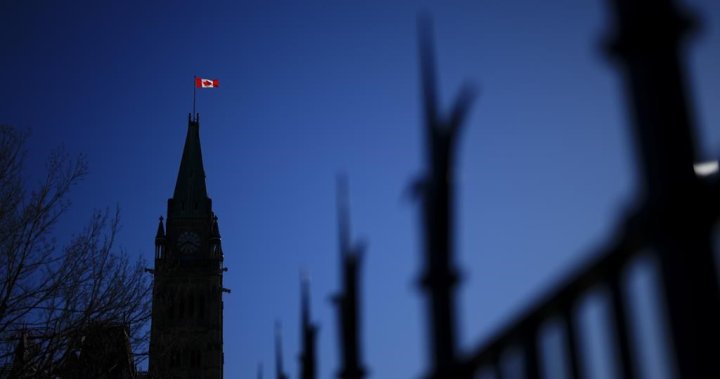New legislation aims to create a public foreign influence registry and broaden warrant powers and investigative tools for Canada’s intelligence service to combat foreign interference, Ottawa said Monday.
The proposed legislation also includes new and updated criminal offences for sabotage, political interference and other crimes committed on behalf of foreign entities, including increased prison sentences that range up to life behind bars.
The Countering Foreign Interference Act comes amid increasing pressure for the federal government to strengthen its measures against foreign interference, particularly against elections and diaspora communities.
A chief provision of the legislation is the creation of the foreign influence registry, which has been long promised but delayed for more than a year.
The registry will be administered by an independent foreign influence transparency commissioner to prevent political interference, which government officials said was a key request raised in consultations.

Under the bill, anyone working with a foreign power, entity or state who is in communication with a public office holder, communicating political or government information to the public, or distributing money or items of value are required to register their activities with the commissioner.
The email you need for the day’s
top news stories from Canada and around the world.
Those agents must also provide updates on their activities with the commissioner, who will oversee the publicly-available registry.
Participation in candidate nomination contests and elections, as well as on developing public policy, influencing public officials’ decision-making and spreading communications on social media fall under actions that would require registration, according to the bill.
Diplomatic and consular officials from foreign states are not required to register, nor are foreign politicians who visit Canada on official government business.
Anyone who violates the measures can face up to $5 million in fines and up to five years in prison. The commissioner may forward information it receives to law enforcement if necessary.
If the bill is approved, it provides a one-year timeline for the commissioner’s office and the registry to be set up following royal assent. Government officials said the timeline speaks to the registry being a “priority” for the public safety ministry.
The multi-pronged legislation also includes updates to the CSIS Act, Criminal Code, Security and Information Act and Canada Evidence Act.
It would allow the Canada Security and Intelligence Service to provide more specific information when it warns Canadian individuals or businesses about foreign security threats they may face.

The bill was announced days after a double dose of announcements related to foreign interference brought the issue back into the spotlight Friday.
The commissioner overseeing an inquiry into foreign attempts to meddle in Canada’s last two elections released an interim report that found those attempts undermined the rights of Canadian voters because they “tainted the process” and eroded public trust, even though they did not change the overall results.
Commissioner Marie-Josée Hogue stressed Ottawa needs to “work hard” to restore that trust by both informing Canadians of the threat of foreign interference and taking “real and concrete steps” to detect and deter it.
Hours after that report was released, RCMP announced it had arrested three Indian nationals charged with murder and conspiracy in the 2023 killing of B.C. Sikh leader Hardeep Singh Nijjar, whom India had declared was a “terrorist.” The federal government has said there are “credible allegations of a potential link” between Nijjar’s death and agents of the Indian government.
Global News reported Nijjar was warned by Canadian Security and Intelligence Service officers that “professional assassins” were after him, and that India had tried to get the RCMP to arrest Nijjar on allegations that were deemed to be not credible.
Asked in an interview that aired Sunday on The West Block if he was still confident in Canada’s security and intelligence services after they failed to prevent Nijjar’s death, and in the wake of Hogue’s interim report, Public Safety Minister Dominic LeBlanc said he was.
He also defended the actions the government has taken so far to strengthen those agencies’ ability to combat foreign threats, but added he agreed with Hogue’s conclusion that more needs to be done, and hinted at the new legislation announced Monday.
More to come…
© 2024 Global News, a division of Corus Entertainment Inc.




